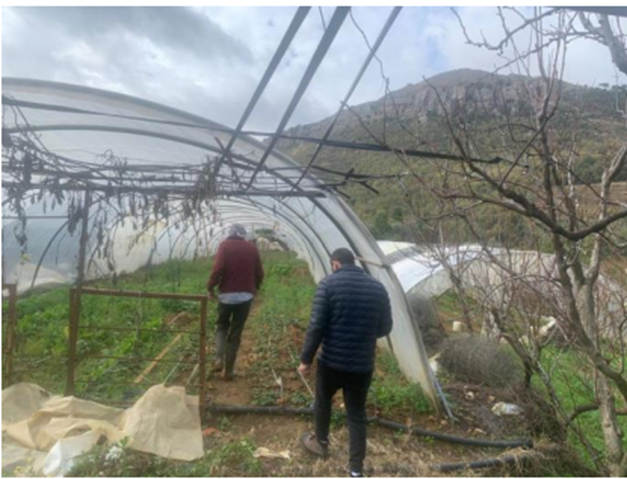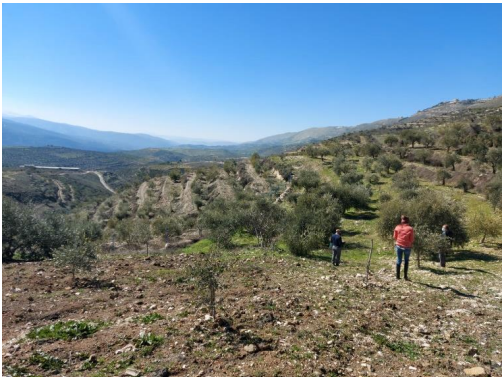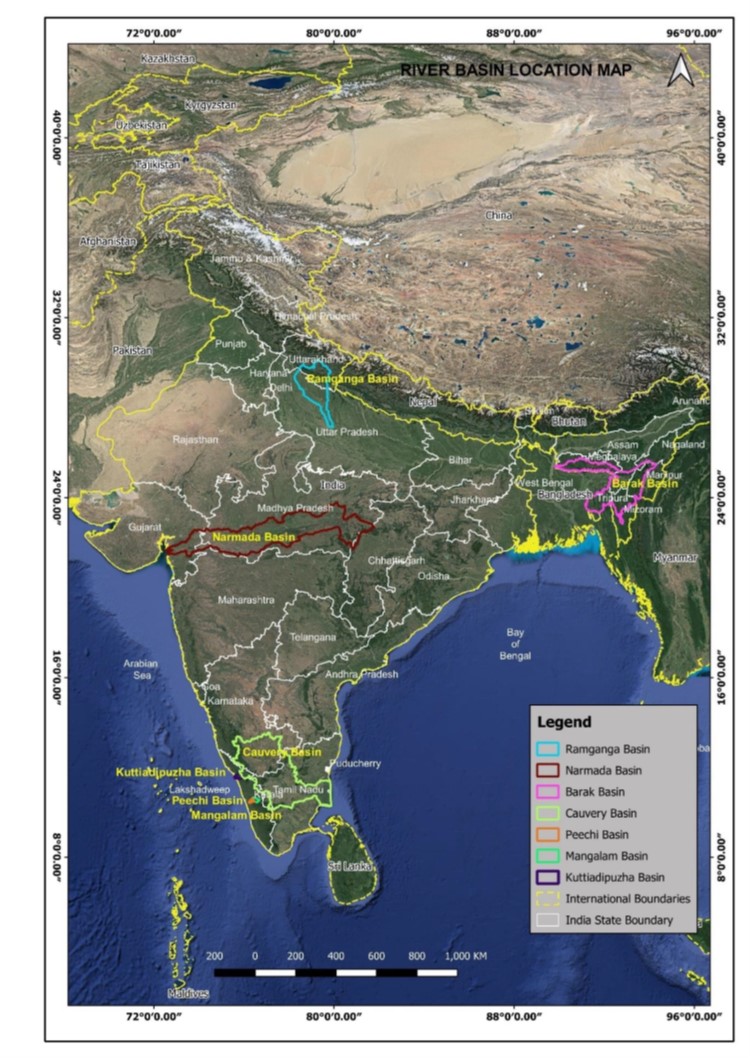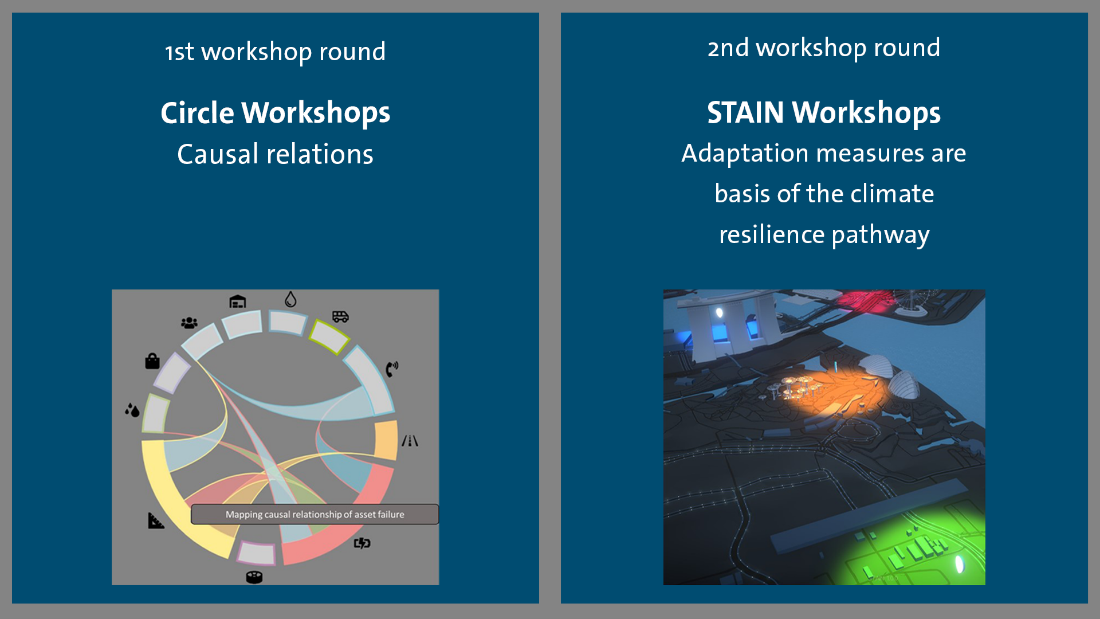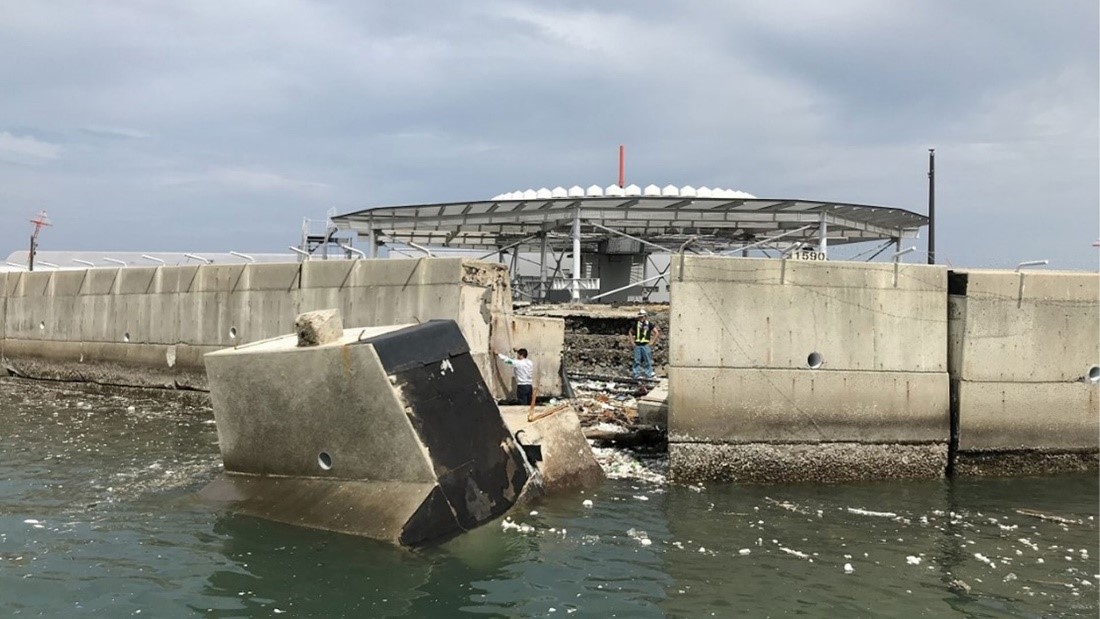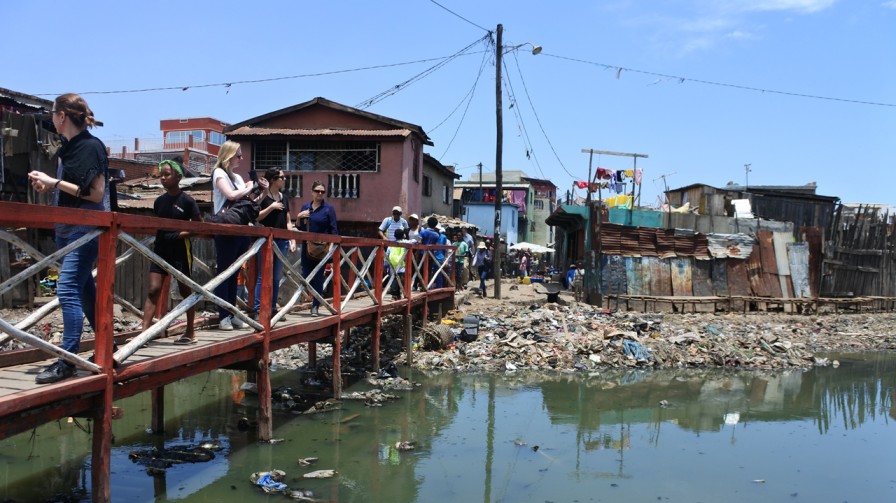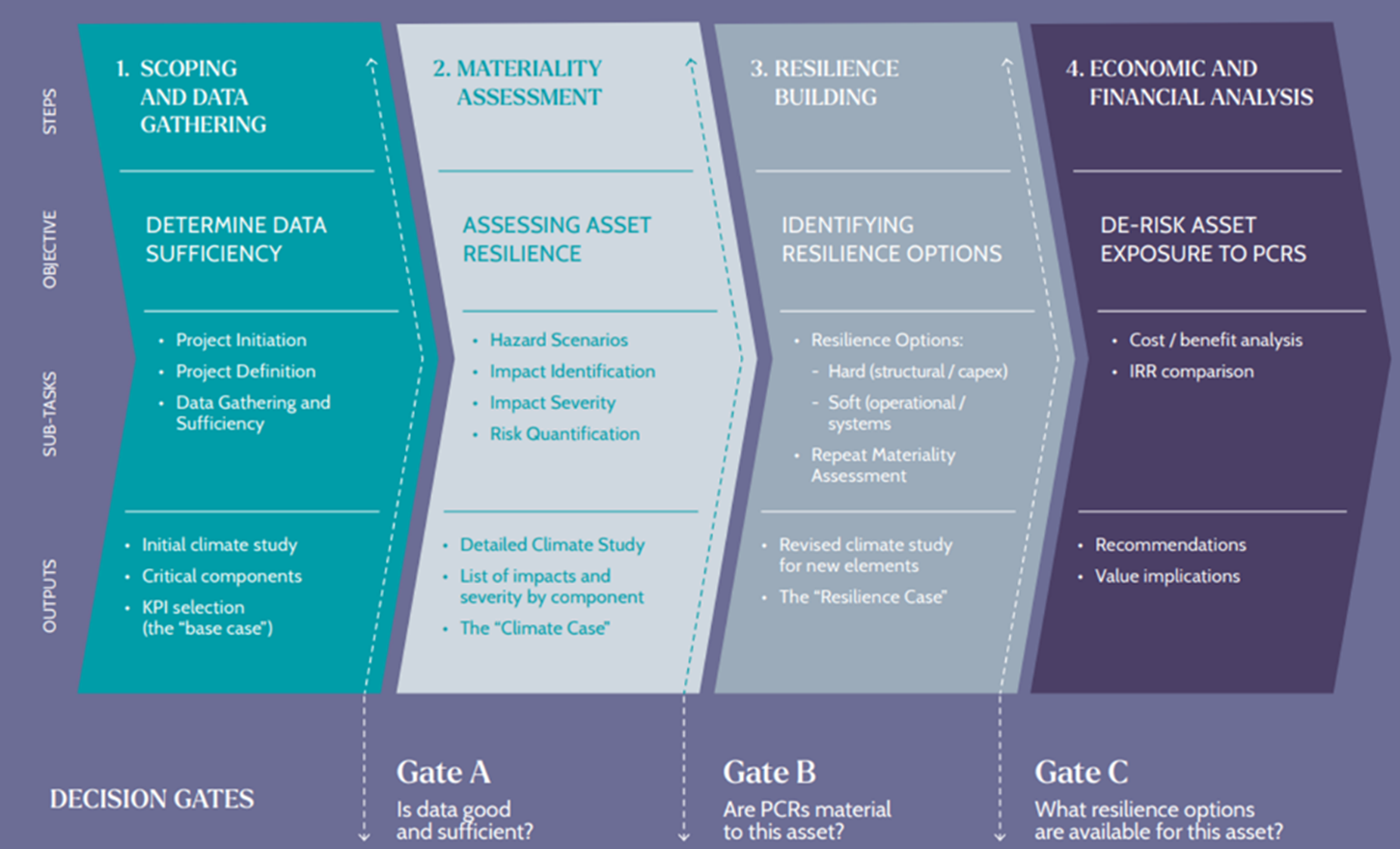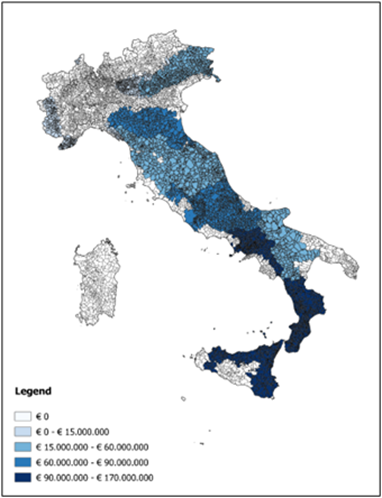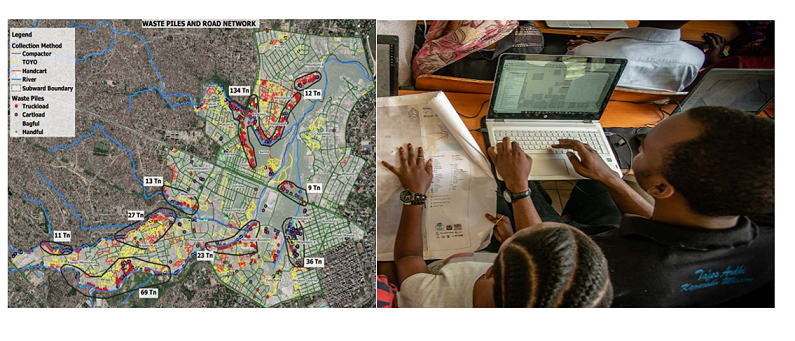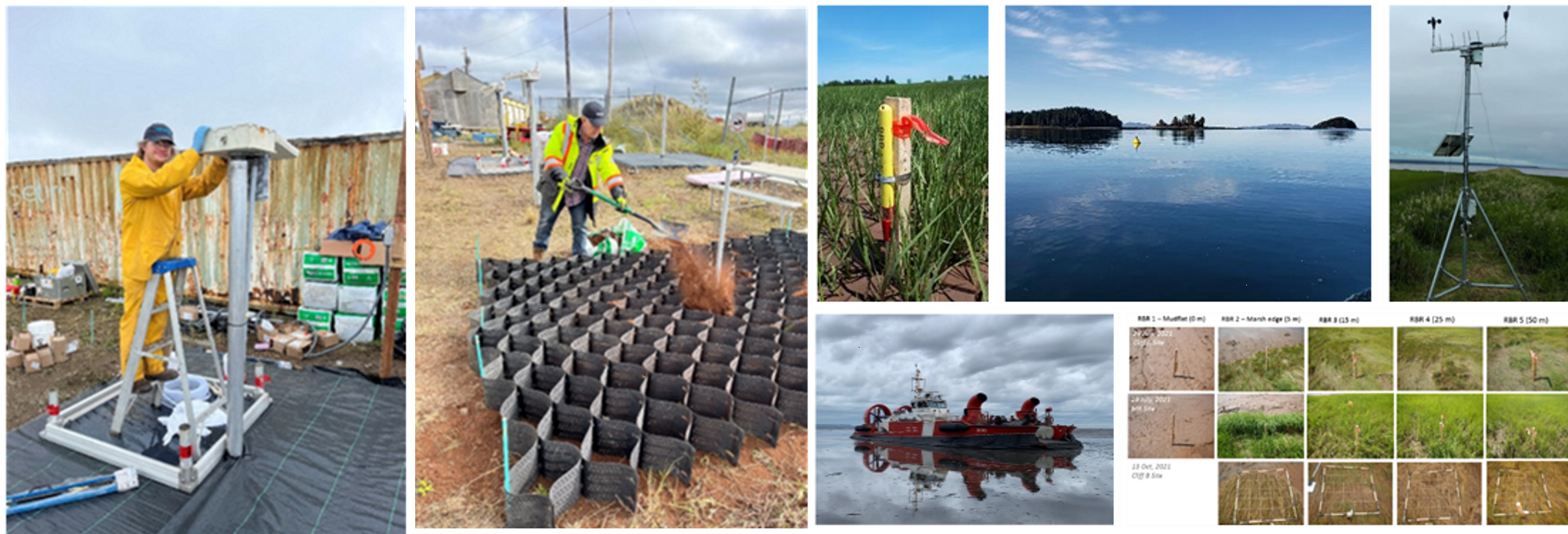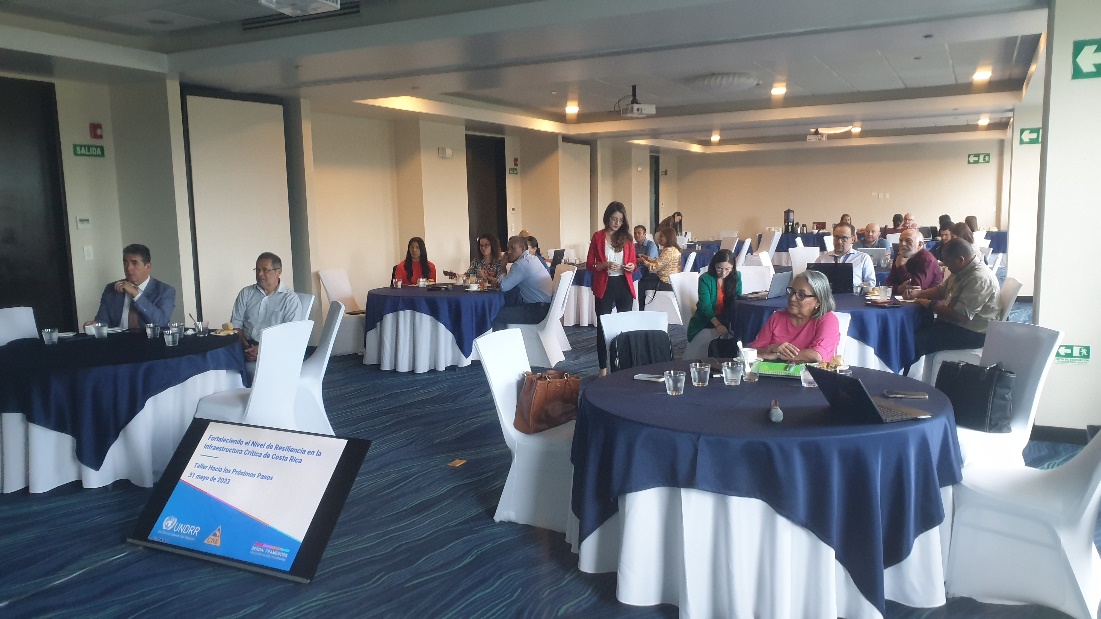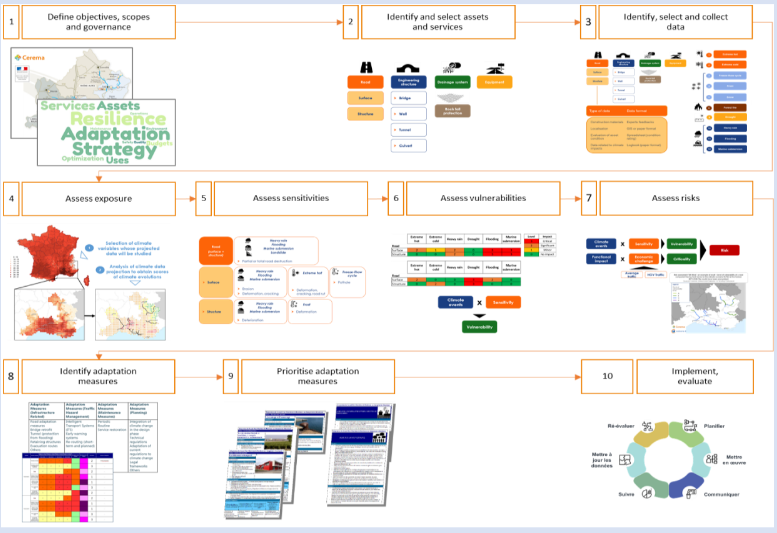Lebanon
Implementing Agencies & Partners:
- International Labour Organization
- Ministry of Agriculture, Lebanon
- Green Plan, Lebanon
- Lebanon Reforestation Initiative
Acknowledgement:
This case study has been contributed by International Labor Organization (ILO).
Disclaimer:
This Compendium of Good Practices on Disaster Resilient Infrastructure (DRI) has been compiled through content contributions from G20 member countries, invited countries and international organisations. The contents and views expressed in this website publication reflect the opinions of the contributing agencies and are not necessarily the official views of CDRI








